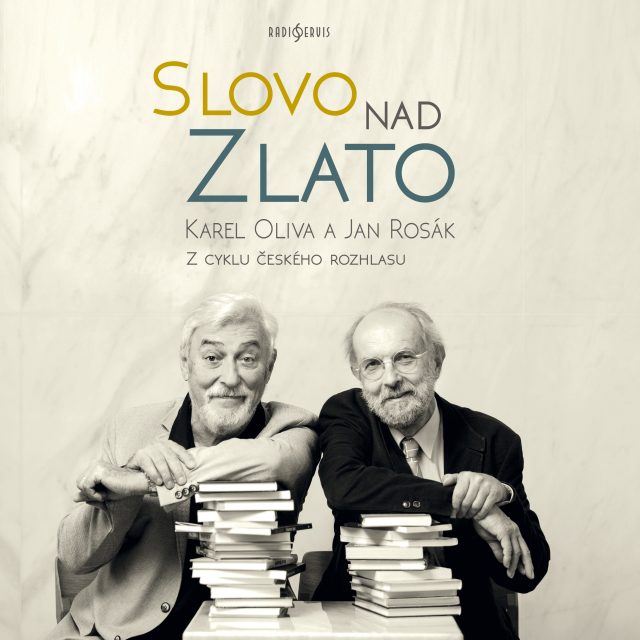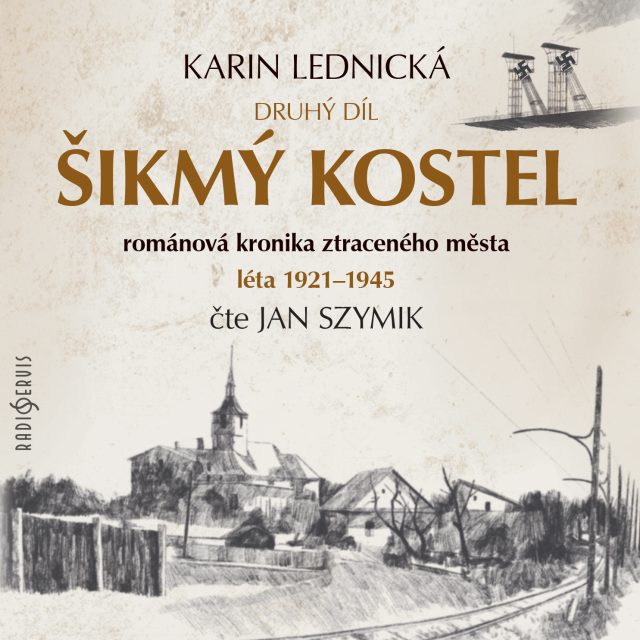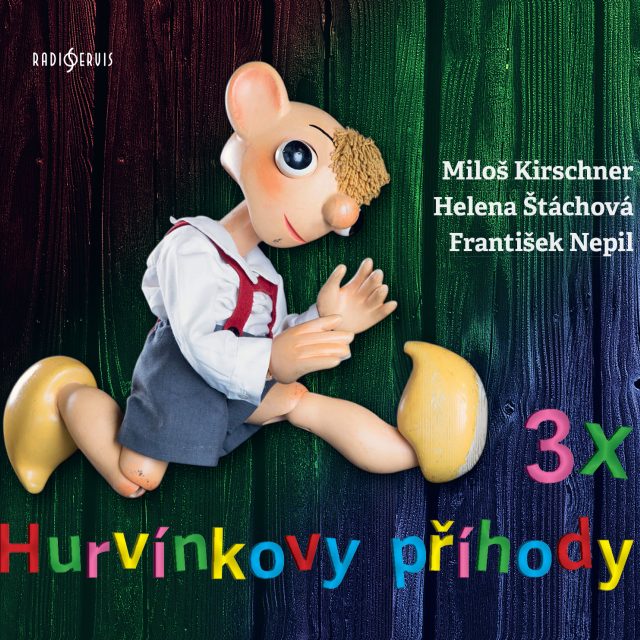Jan Křtitel Vaňhal
*12 May 1739 Nechanice nad Bystřicí† 20 August 1813 Vienna
Johann Baptist Vanhal belongs to that group of Czech musicians who at the end of the 18th century made names for themselves in Vienna; his importance as a composer, however, extends far beyond the borders of the Austria of those times and its cultural sphere. He was born into a family of serfs in Nechanice in Eastern Bohemia. He received the elements of his education in music from a village teacher and organist named Kozák in Maršov. Around 1752 he began to concentrate on the organ under the guidance of a Nechanice teacher named Erban. In 1757 he was working as an organist in Opočno and in 1759 as the chorus master in Hněvčeves. The owner of an estate in Nechanice, Countess Schaffgotsch, was so impressed by his compositions and his violin playing that sometime around 1761 she decided to take him with her to Vienna, where he studied composition with Carl Ditters von Ditteersdorf. He soon acquired the reputation as an excellent performer on keyboard instruments and teacher (one of his students was Ignaz Joseph Pleyel, an Austrian composer, music publisher and famous piano builder active in Paris). He succeeded in buying his freedom and becoming - as Mozart would also later do – one of the very first freelance artists. One of his patrons at that time, Baron Riesch, made it possible for him to undertake a journey to Italy. One by one he visited Venice, where he remained for a whole year, then Bologna, Florence, Rome and other cities.After his return in 1771, Baron Riesch negotiated for him a position as Kapellmeister in Dresden. Vanhal, however, had to turn down that offer at the onset of a mental disorder. During the subsequent years of his convalescence, he made several visits to the estates of Count Erdödy in Hungary and in Varaždin (today in Croatia); he returned to Vienna sometime around 1780. He was in contact with pre-eminent musicians such as Joseph Haydn, Mozart, and Dittersdorf. He taught music and composed. His contemporaries valued not only his qualities as an artist but also his nobility of character.The works Vanhal has left us are extensive. They include a great number of sacred pieces (motets, masses, Marian antiphons, and litanies) as well as secular music: orchestral works (symphonies, instrumental concertos, serenades and dances); chamber works (string quartets and quintets); works for keyboard instruments (sonatas and divertimentos, chamber pieces with harpsichord or piano, works for organ, programme music – especially battle scenes characteristic of the period of the Napoleonic wars), cassations, serenades, and songs. Works today considered to be lost include his operas, which were written in 1770 in Rome (Il Demofoonte and Il trionfo di Clelia, of which only a few pieces have been preserved in the pasticcio La principessa di Taranto) and his passion oratorios. During his life Vanhal ranked among the most popular and most admired composers. His works were disseminated in copies as well as printed editions. Interest in them was expressed by publishing houses throughout Europe (Vienna, Mainz, Berlin, Leipzig, Offenbach, Speyer, London, Paris, and Amsterdam); and after 1800 his works even turned up in the United States of America. Among those who appreciated Vanhal’s originality as a composer (his works bears traits of the gallant, classic and even pre-romantic styles) we find Mozart and Joseph Haydn, to whom some of Vanhal’s works have been ascribed. To the contrary, however, Vanhal was the first of those Viennese composers whose works prepared the ground for Haydn’s visits in London in the years 1791-92 and 1794-95. In the notes on the travels he made between 1772 and 1774, the famous English music traveller Charles Burney cites Vanhal as a great composer of phenomenal symphonies and string quartets which he would “…not hesitate to rank… among the most complete and perfect compositions,” noting they were “produced in those happy moments of effervescence, when his reason was less powerful than his feeling.”
Author: Michaela Freemanová
E-shop Českého rozhlasu
Víte, kde spočívá náš společný ukrytý poklad? Blíž, než si myslíte!
Jan Rosák, moderátor


Slovo nad zlato
Víte, jaký vztah mají politici a policisté? Kde se vzalo slovo Vánoce? Za jaké slovo vděčí Turci husitům? Že se mladým paním původně zapalovalo něco úplně jiného než lýtka? Že segedínský guláš nemá se Segedínem nic společného a že známe na den přesně vznik slova dálnice? Takových objevů je plná knížka Slovo nad zlato. Tvoří ji výběr z rozhovorů moderátora Jana Rosáka s dřívějším ředitelem Ústavu pro jazyk český docentem Karlem Olivou, které vysílal Český rozhlas Dvojka.




